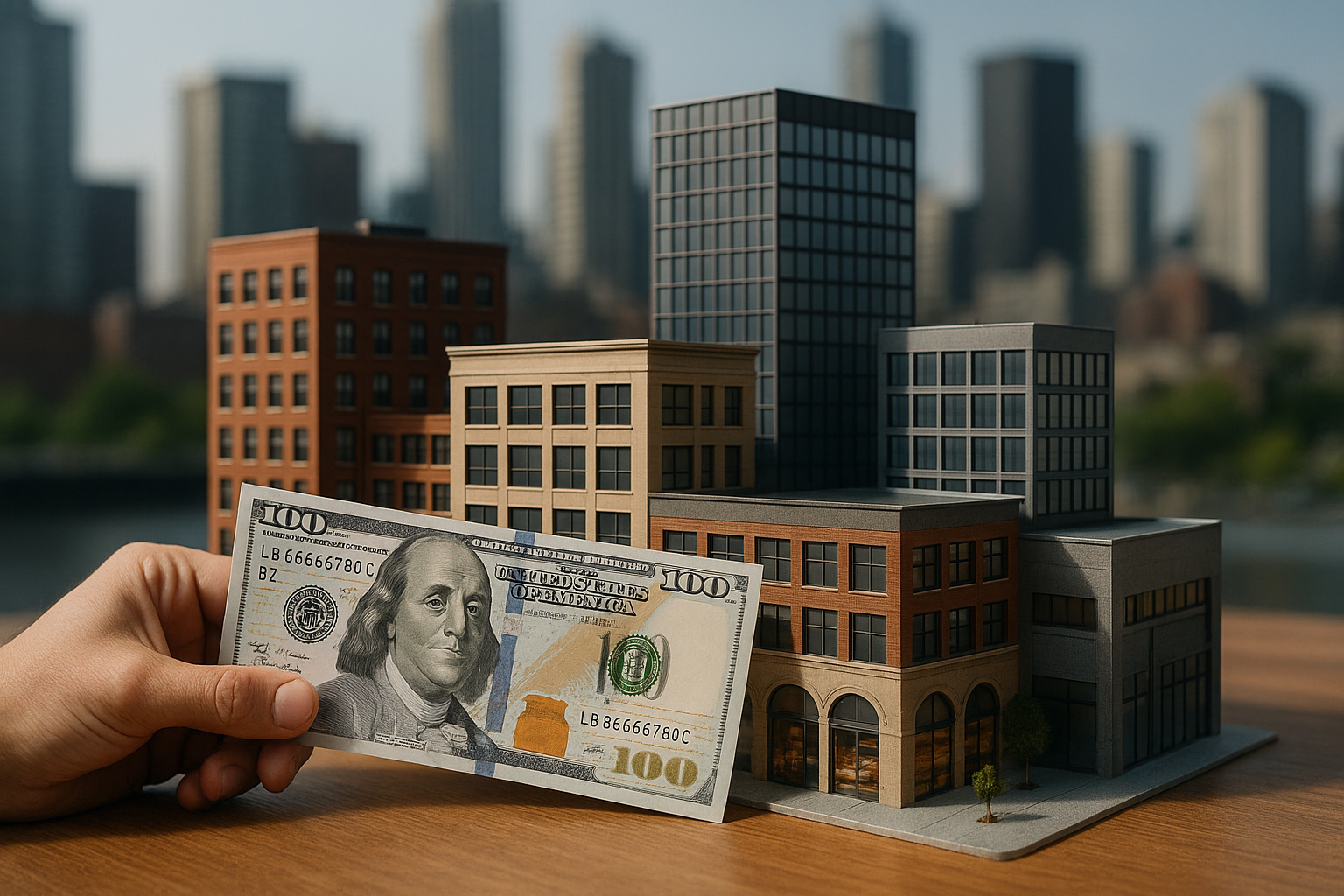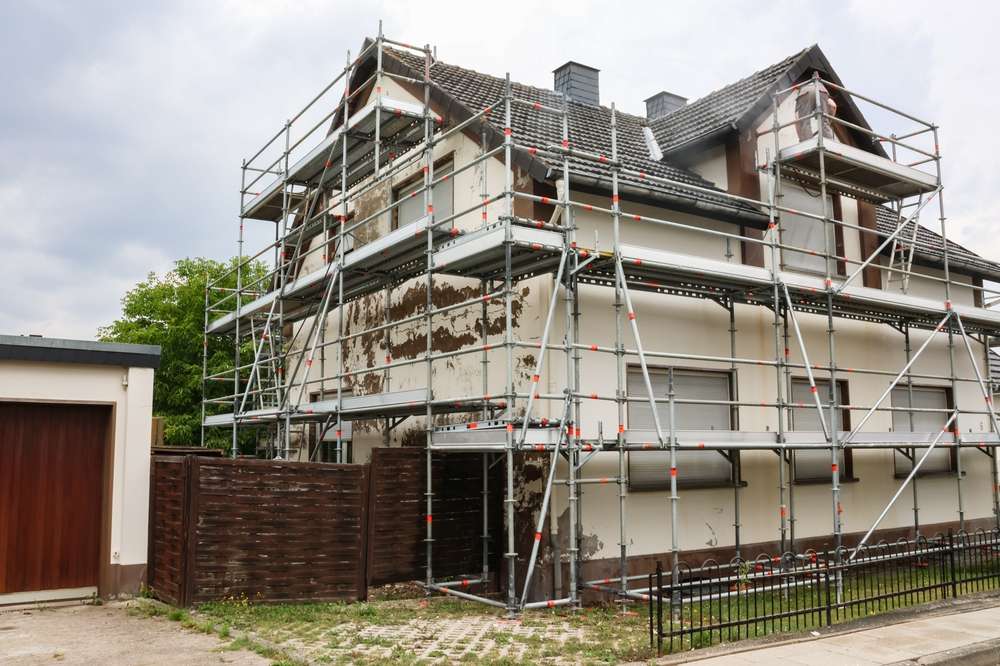Decoding the Intricacies of Mixed-Use Real Estate Investments
Introduction: The world of real estate investment is vast and varied, with opportunities that cater to all risk appetites and investment goals. One such option is mixed-use properties, a model that combines residential, commercial, and sometimes industrial spaces under one roof. This article delves into the world of mixed-use properties, offering a comprehensive understanding of their benefits, challenges, and potential impact on the real estate market.

Unveiling Mixed-Use Real Estate
A mixed-use property is a type of real estate that blends different uses, such as residential, commercial, and sometimes industrial, within a single development. This concept is not new; it dates back to the early 20th century when businesses were typically housed on the ground floor of buildings, with residential spaces on the upper floors. However, modern mixed-use properties have evolved significantly, now incorporating high-rise buildings, shopping centers, and even parks within their premises.
Current Market Insights and Financial Analysis
Mixed-use properties have gained significant traction in the real estate market in recent years. Several factors have contributed to this trend, including urbanization, population growth, and a shift towards sustainable development. Financially, mixed-use properties are considered a reliable investment due to their diversified income streams and resilience to economic downturns. For instance, if the commercial segment is underperforming, the residential or industrial segment can offset the loss.
Perks and Challenges of Investing in Mixed-Use Properties
Investing in mixed-use properties comes with several advantages. Firstly, it offers a diversified income stream, which can provide a safety net during market downturns. Secondly, it promotes sustainable development by optimizing land use and reducing commute times. Lastly, it enhances community engagement by creating a live-work-play environment.
However, mixed-use properties also pose unique challenges. These include complex zoning regulations, higher construction and maintenance costs, and potential conflicts between different tenants. Additionally, managing a mixed-use property requires a higher level of expertise due to the varied needs of different tenants.
Impact on Buyers, Sellers, and Investors
Mixed-use properties have a profound impact on the real estate landscape. For buyers, they offer the convenience of living, working, and recreating in close proximity. For sellers, they provide an opportunity to cater to a wider market segment. For investors, they offer a diversified investment portfolio and potential for higher returns.
Future Outlook of Mixed-Use Real Estate
The future of mixed-use properties looks promising. With urbanization on the rise and a growing focus on sustainable development, the demand for mixed-use properties is expected to grow. Additionally, technological advancements are likely to further enhance the appeal of these properties by facilitating smarter and more efficient management.
In conclusion, mixed-use properties offer unique opportunities and challenges in the real estate market. As with any investment, it is crucial to perform a thorough analysis and consult with a real estate expert before diving in. With the right approach, investing in mixed-use properties can be a rewarding venture.




